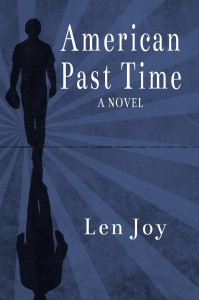In the middle of July, the turnips were lush. They grew alongside the entrance to the plant, bright green fronds waving in the afternoon heat like feathers of a peacock’s tail. Bryan Thurmond had seen dozens of peacocks in the parking lot of the zoo where he drove Jenny, his daughter—peacocks strutting like they were collecting fees. Nothing scared them except for the sound of a car’s ignition. The turnips survived in the dirt like that. They didn’t care if the groundwater or the soil were polluted. Turnips hugged entrances and exits and tempted employees to pick them for the dinner table—plants that grew in spite of everything. And who knows, maybe he should’ve joined the crowd. Why not? He’d never seen such tall, beautiful plants. They thrived in muck. He pulled his Toyota Tundra into the parking lot. A lot of guys laughed at him, didn’t understand why he chose to ignore nature’s free bounty. They were like teenage boys who believed nothing could ever happen. They didn’t see the green fronds as a warning.
Management got it. They knew he was a single dad and couldn’t afford to step away from a full-time job with benefits. Six months ago Rand-Atlantic had promoted Bryan to Lead Environmental Officer. But he was getting pressured to overlook certain safety readings. Not directly pressured, of course. The company wouldn’t be that stupid. Encouragements to step over the line came in the form of free passes to the Rodeo Club, and murmurs of a scholarship for his daughter to attend junior college. They had him by the balls.

